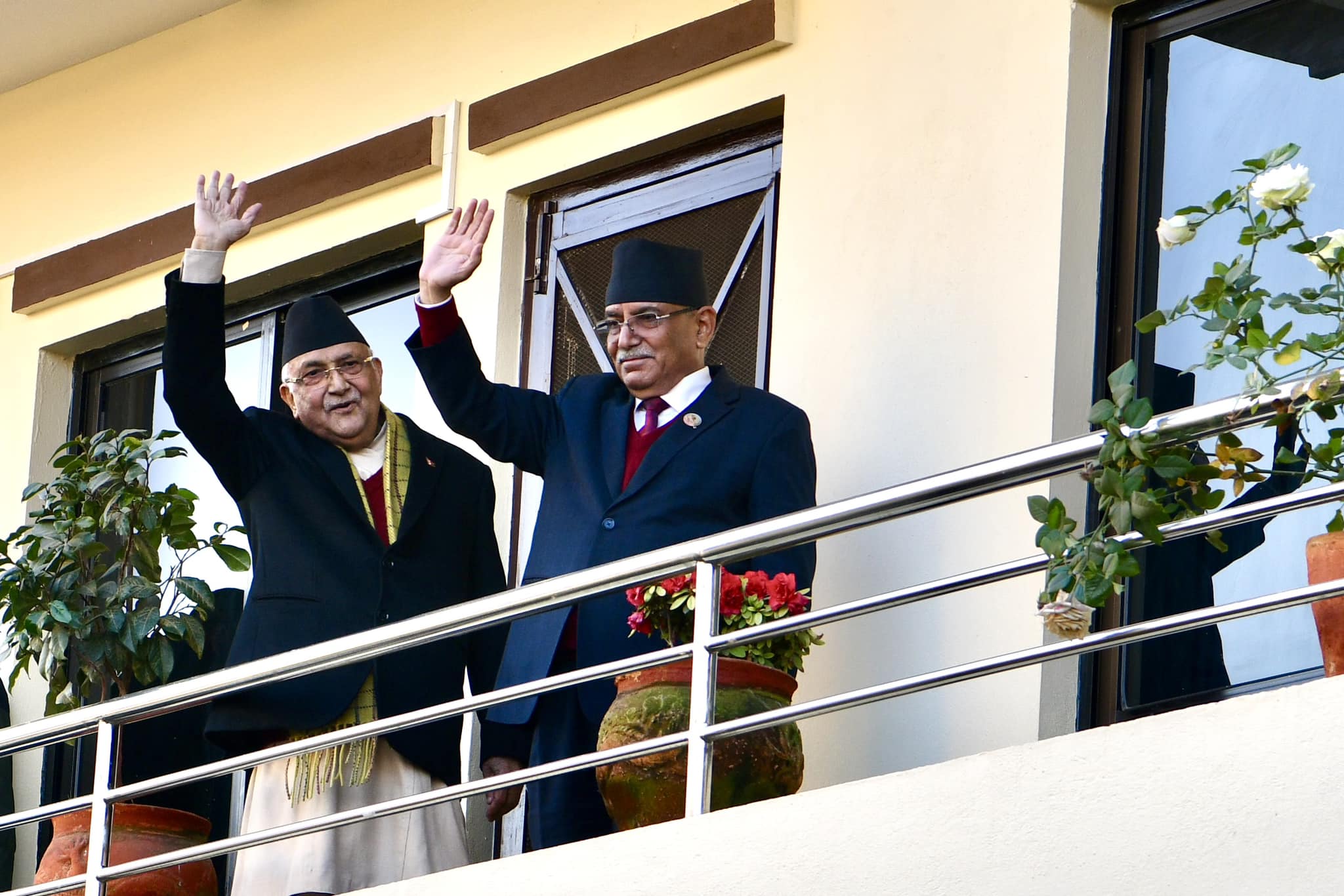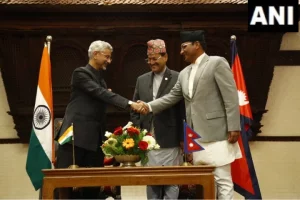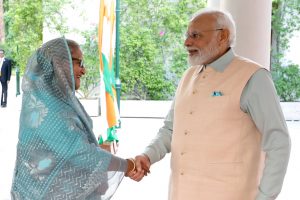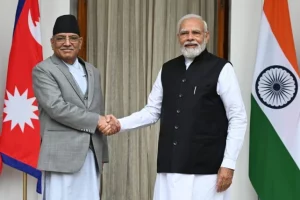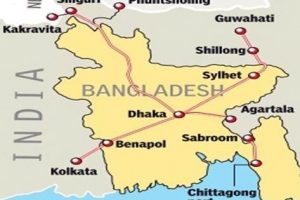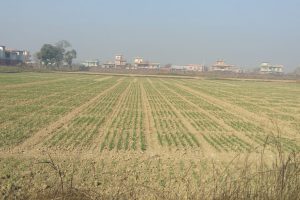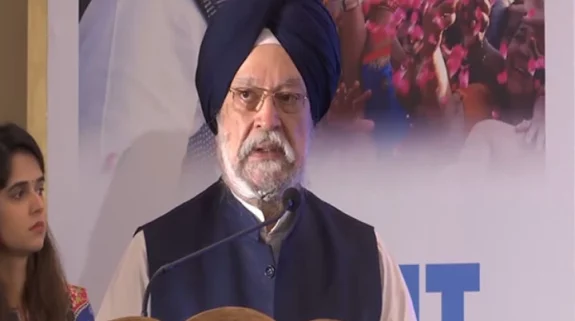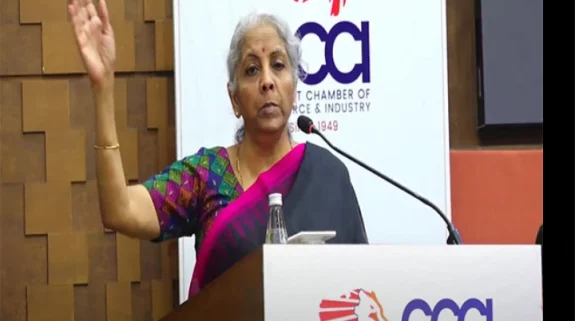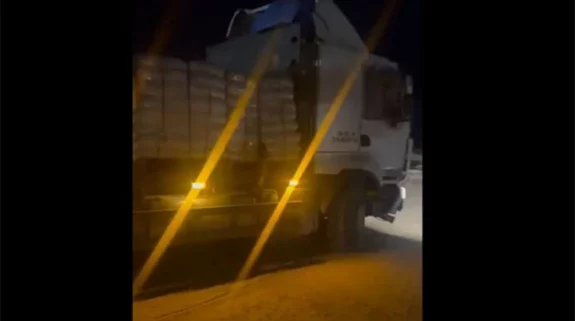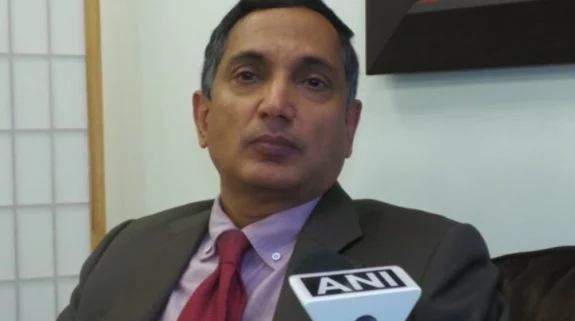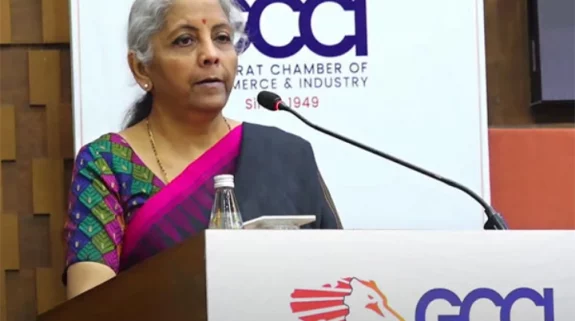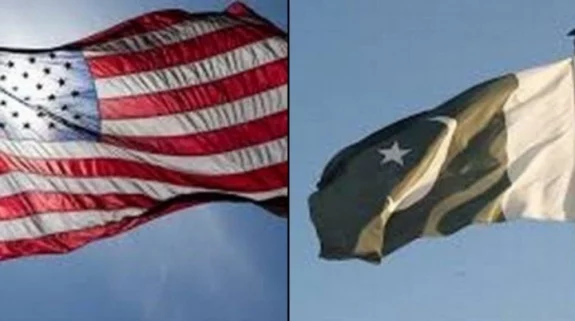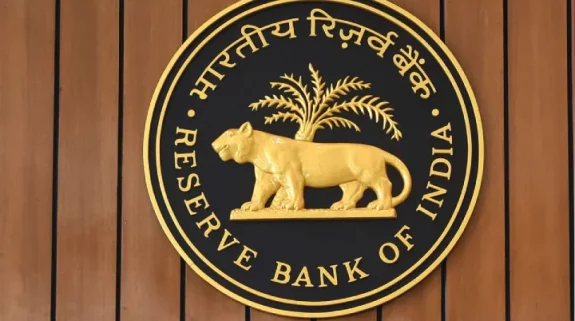Mahua Venkatesh and Santosh Ghimire
NEW DELHI/KATHMANDU
The political uncertainty in Nepal could impact the economy—not only within the Himalayan nation but the South Asian region as a whole. Policy watchers are worried that the loosely bound coalition could jeopardise the joint economic activities due to coalition pressures.
In a twist of tale, Pushpa Kamal Dahal “Prachanda” who became Prime Minister on December 26 after he switched his alliance and teamed up with former PM and opponent KP Sharma Oli he is yet to win the vote of confidence next week.
While an analyst told India Narrative that it may not have any significant bearing on India Nepal relations, the fragile nature of the coalition government could slow down the ongoing infrastructure projects especially in the hydro power sector.
Less than six months ago, the Investment Board Nepal signed a Memorandum of Understanding (MoU) with India’s National Hydroelectric Power Corporation (NHPC) Limited to develop the West Seti and Seti River (SR6) projects. This was earlier being developed by China.
There are several other India-aided projects including the 900 MW Arun-3 hydroelectric project which are under construction. The Bangladesh Bhutan India Nepal (BBIN) aimed at boosting connectivity is also an area of focus.
“The two countries should work on an integrated economic plan and aim to connect Nepal to the various states of the Indian Union and focus on the agri economy and formalise this sector and set out a plan to bring year on year growth in the sector. Further developing the energy sector and promoting trade in the same should also figure in the economic and roadmap,” Bhaskar Koirala, Director of the Nepal Institute of International and Strategic Studies told India Narrative.
Koirala added that a lot more needs to be done to deepen India Nepal relationship especially in the energy sector, though there have been changes.
Geopolitical and security analyst Navita Srikant added that Nepal’s political instability is not a new but what its reoccurrence carries impressions of Sri Lanka 2.0 in the region.
“Multi-party coalition government with asymmetrical ideologies is never an easy alternative as parties will be focused on saving their seat or outsmarting the other,” Srikant said.
The new Maoist-UML government has to deal with a number of challenges on the economic front. Growing trade deficit, depleting foreign exchange reserves and skyrocketing inflation are badly affecting the $40 billion economy.
According to reports, the country’s inflation stands at more than 8 per cent, which is the highest in six years.
The new government will face the twin challenges: regain the trust of foreign investors and boost the domestic product. For this, neighbouring India’s support would be crucial. Nepal has been exporting its surplus electricity to India.
“With liquidity crunch impacting business, low productivity, and on top of that pressing geopolitical pressures between China-US, Nepal needs a trusted partner such as India as Kathmandu prepares to graduate into a middle Income country in 2026,” Srikant pointed out.
From early June 2022 to December 2022, Nepal earned over Nepali Rs 11 billion by selling excess power to India as per the Nepal Electricity Authority, the state-owned power utility. The export of excess power to India has improved the country’s trade deficit, government officials said.
(Mahua Venkatesh is Executive Editor, India Narrative, Santosh Ghimire is India Narrative’s Nepal correspondent based in Kathmandu)
Also read: China nudges Nepal to expedite BRI projects as Prachanda becomes new Premier
Prachanda becomes Nepal’s new Prime Minister with support from former Premier Oli






